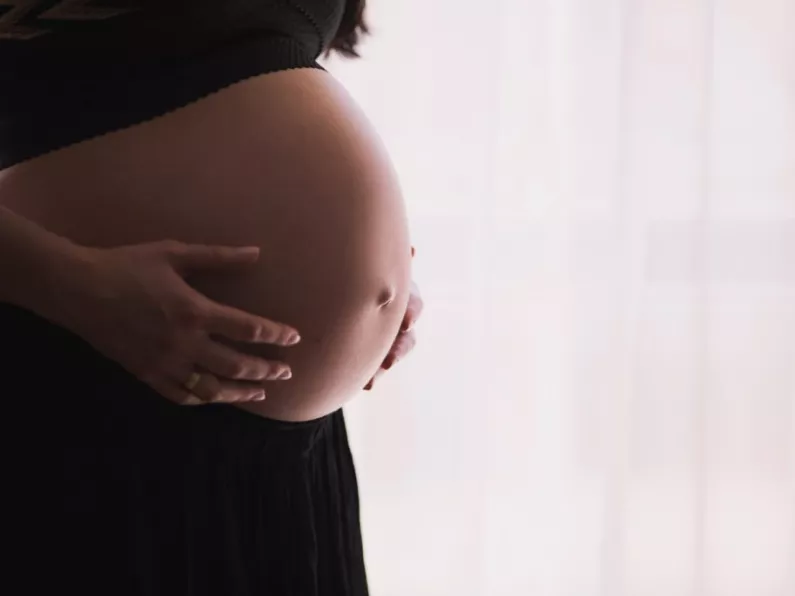Pregnancy is surrounded by myths, some harmless, some more dangerous.
We're analysed 13 of the most common pregnancy myths to show you why they're nonsense!
13 pregnancy myths debunked
- Myth: Twin pregnancies are rare: Twin pregnancies are more common than people might think. According to the CDC, approximately 128,310 twin babies were born in 2017. Twins account for roughly 33 out of 1,000 births in the America.
- Myth: Heartburn means that the baby will have a lot of hair: There is limited evidence to confirm whether this is true. A small study from 2006 found that 23 of the 28 participants who reported experiencing moderate-to-severe heartburn had babies with an average or above average amount of hair. The researchers suggested that this may be due to pregnancy hormones that affect both hair growth and the relaxing of the muscles that separate the esophagus, or food pipe, from the stomach.
- Myth: It is possible to predict the sex of the baby: People propose many different techniques for predicting the sex of the baby. These range from using the shape of the pregnant woman’s face or belly, to seeing how a wedding ring rotates when the woman suspends it from a string and holds it over the belly. None of these methods are accurate indicators of a baby’s sex.
- Myth: A pregnant woman should eat for two: While it is true that women may need to increase their calorie intake slightly when pregnant, they should avoid overeating. Overeating can be harmful to both the woman and the fetus, especially if the diet contains a lot of empty calories. Women should aim for a gradual increase in calories throughout the pregnancy: First trimester: No extra calories are necessary. Second trimester: Experts recommend an additional 340 calories per day. Third trimester: An additional 450 calories per day is the recommendation. Women should generally focus on continuing with their regular diet, but they should ensure that they are eating nutrient-rich foods.
- Myth: A woman should avoid exercising when pregnant: Most women should engage in light-to-moderate exercise during pregnancy. But if you didn't exercise regularly before becoming pregnant or you have a high-risk pregnancy, you must talk to a healthcare professional before starting a new routine.
- Myth: Morning sickness only occurs in the morning: Despite its name, morning sickness can affect pregnant women throughout the day. Less than 2% of pregnant women experience morning sickness only in the morning. Morning sickness typically starts by the fourth week and ends by the 16th week.
- Myth: Eating certain foods can cause an allergy to develop: Pregnant women can eat foods that people often associate with allergies, such as nuts and milk, as long as they are not allergic to them. The baby will not develop an allergy to these foods. However, a woman should avoid some foods, such as raw meat, seafood, and certain soft cheeses, for other health reasons. Here is more information on which foods to avoid.
- Myth: A woman should avoid sex during pregnancy: Sex has no effect on an otherwise healthy pregnancy. But you must consult your doctor if in doubt or if you have a high-risk pregnancy.
- Myth: Cats are off limits: Many pregnant women try to avoid cats because they have heard that cats can cause an infection. Cat feces can carry toxoplasmosis, a potentially harmful disease. As a precaution, therefore, a pregnant woman should either wear gloves to change the litter or have someone else do it. Women do not need to avoid cats during pregnancy as long as they follow this precaution.
- Myth: A pregnant woman can't drink coffee: Women can still have a cup of coffee each day when pregnant, but they should limit their caffeine intake to 200 mg or less. This amount equates to about 1.5 cups of coffee, where a cup is 8 ounces.
- Myth: A woman will be happy and glowing all the time: Pregnancy can be difficult for many women. Hormones, body changes, and tiredness can take their toll on both physical and mental health, as well as affecting a woman’s mood.
- Myth: Vaginal delivery is not possible after a cesarean delivery: In reality, a woman may be able to have a vaginal birth following a previous c-section. But this decision will be made in conjunction with your ob-gyn.
- Myth: Certain foods and drinks can bring on labour: Most of the natural and alternative medicines that people recommend to induce labor have no basis in scientific knowledge, and some can actually be harmful
Medical advice
Many myths surround pregnancy, some of which involve incorrect information or advice that may be harmful.
A woman should talk to a doctor before making any significant dietary, healthcare, or lifestyle changes during pregnancy.
Advertisement







